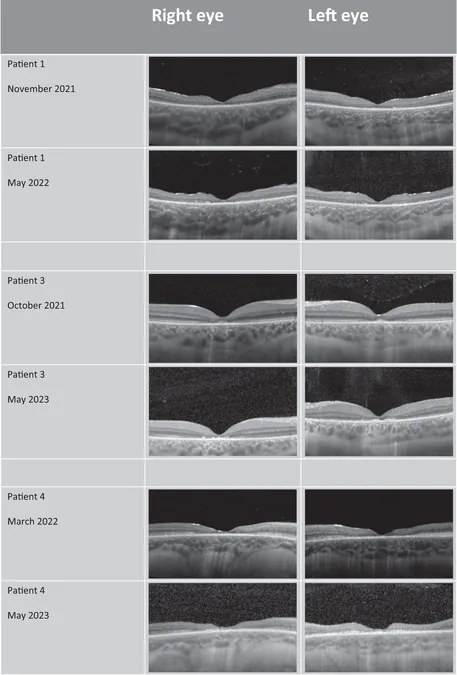
Shocking Discovery: Bacteria in Your Mouth Could Be Triggering Head and Neck Cancers!
2024-09-27
Author: Wei
In a groundbreaking study, researchers have unveiled a startling connection between oral bacteria and the alarming rise of head and neck cancers, specifically head and neck squamous cell carcinoma (HNSCC). This type of cancer, which develops in the mouth, nose, and throat, affects over 150,000 people annually in Europe alone, with men being disproportionately affected. More concerning, the mortality rate is grim, with over half of the diagnosed patients succumbing to the disease within five years.
Conducted by a team at New York University (NYU) and featured in the esteemed journal JAMA Oncology, the research identified 13 specific bacteria from an extensive catalog of oral bacteria that appear to elevate the risk of developing HNSCC by a staggering 30%. According to Soyoung Kwak, a postdoctoral researcher at NYU, these bacteria could potentially serve as biomarkers, assisting experts in identifying individuals at a heightened risk for this devastating cancer.
The study analyzed the oral microbiomes of 236 individuals diagnosed with HNSCC compared to 458 healthy controls. It was revealed that the cancer patients exhibited higher rates of tobacco and alcohol use, alongside a more prevalent strain of the dangerous oral human papillomavirus (HPV), known risk factors for HNSCC. Nonetheless, even after adjusting for these variables, the connection with the 13 identified bacteria remained robust.
Notably, these bacteria seemed to be consistent across various cancer locations, regardless of whether lesions were found in the oral cavity, pharynx, or larynx. These findings correlate with previous smaller studies that hinted at a relationship between oral health and HNSCC, but this is the first comprehensive analysis pinpointing the specific problematic bacteria involved.
While this study establishes a significant correlation, it does not yet conclusively prove that these bacteria are direct causative agents for cancer. Dr. Claire Knight, senior health information manager at Cancer Research UK, emphasized the need for further research on larger populations to draw more definitive conclusions about the relationship between oral hygiene and head and neck cancer.
In light of these findings, researchers are advocating the importance of maintaining excellent oral hygiene. "Brushing your teeth and flossing may not only stave off gum disease but could also play a crucial role in reducing the risk of head and neck cancer," highlighted Dr. Richard Hayes, a co-author of the study and professor at NYU’s medical school.
As the investigation continues, researchers aim to delve deeper into how these bacteria increase cancer risk and explore potential preventive measures. Meanwhile, Dr. Knight stresses meaningful lifestyle changes for those concerned about head and neck cancers, such as reducing alcohol consumption and quitting smoking—two of the most significant risk factors linked to HNSCC.
In a world where oral health is often overlooked, this study serves as a critical reminder: Could better brushing and flossing be your best defense against cancer? Don’t risk it—every spark of awareness can be a step toward a healthier future!



 Brasil (PT)
Brasil (PT)
 Canada (EN)
Canada (EN)
 Chile (ES)
Chile (ES)
 España (ES)
España (ES)
 France (FR)
France (FR)
 Hong Kong (EN)
Hong Kong (EN)
 Italia (IT)
Italia (IT)
 日本 (JA)
日本 (JA)
 Magyarország (HU)
Magyarország (HU)
 Norge (NO)
Norge (NO)
 Polska (PL)
Polska (PL)
 Schweiz (DE)
Schweiz (DE)
 Singapore (EN)
Singapore (EN)
 Sverige (SV)
Sverige (SV)
 Suomi (FI)
Suomi (FI)
 Türkiye (TR)
Türkiye (TR)